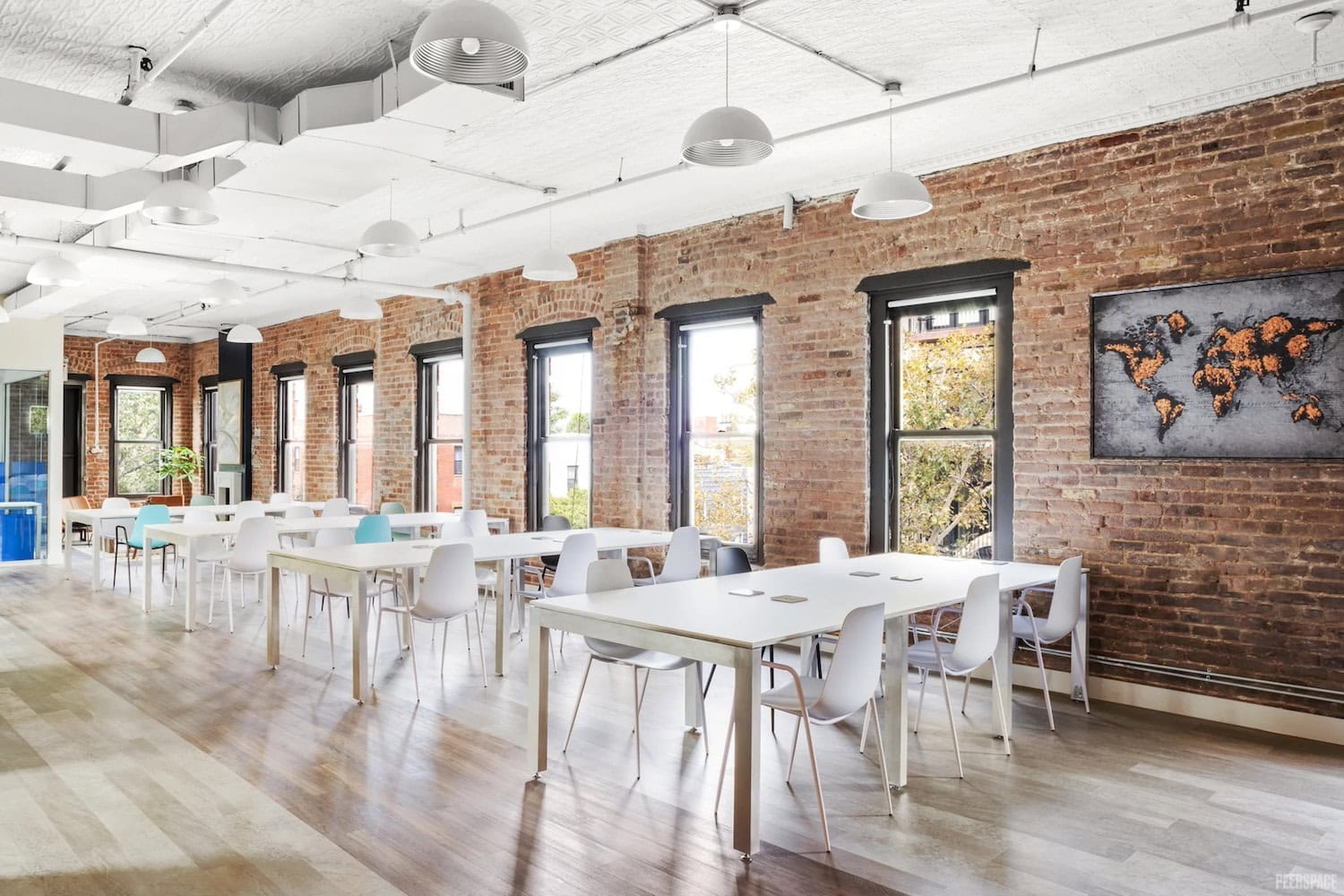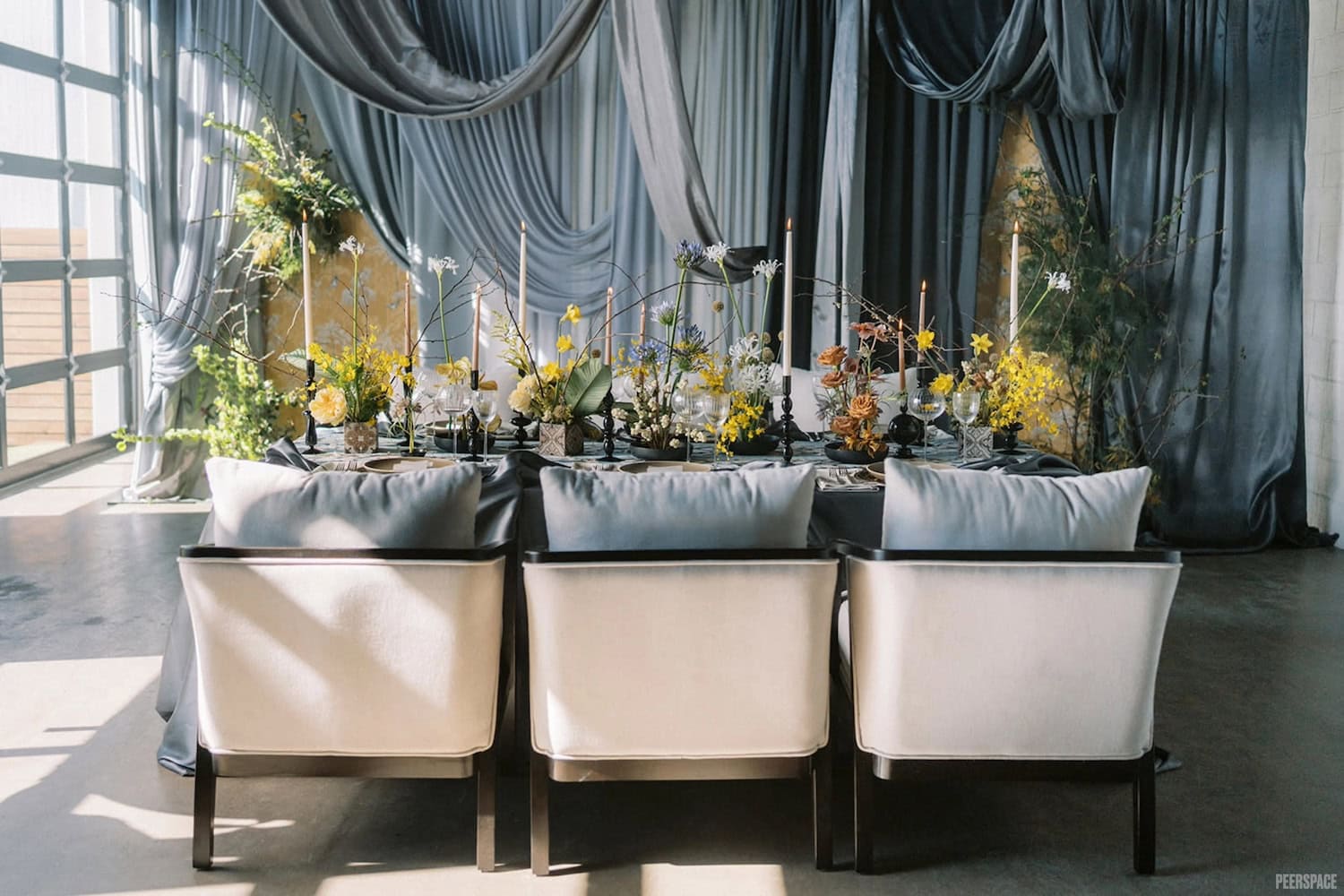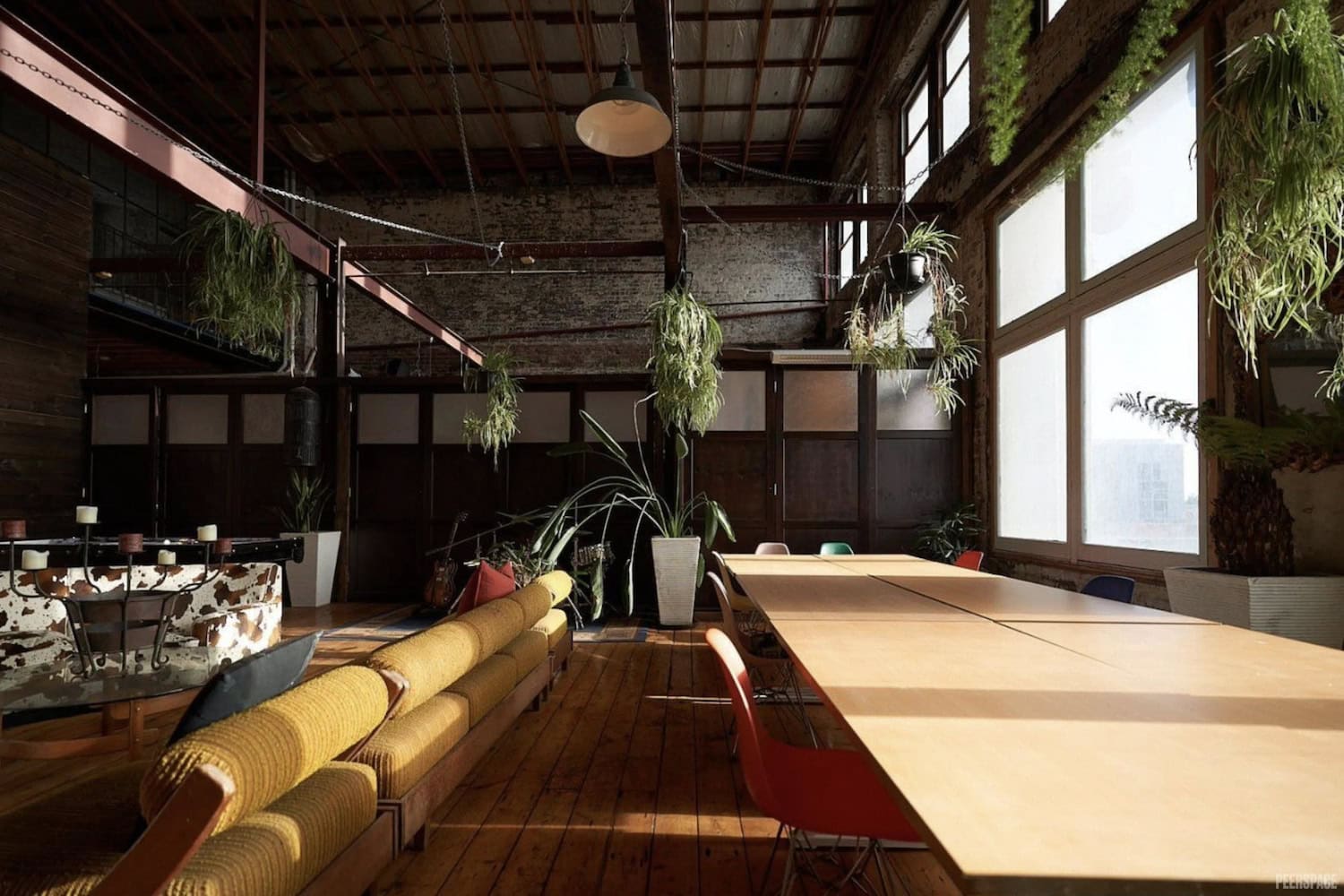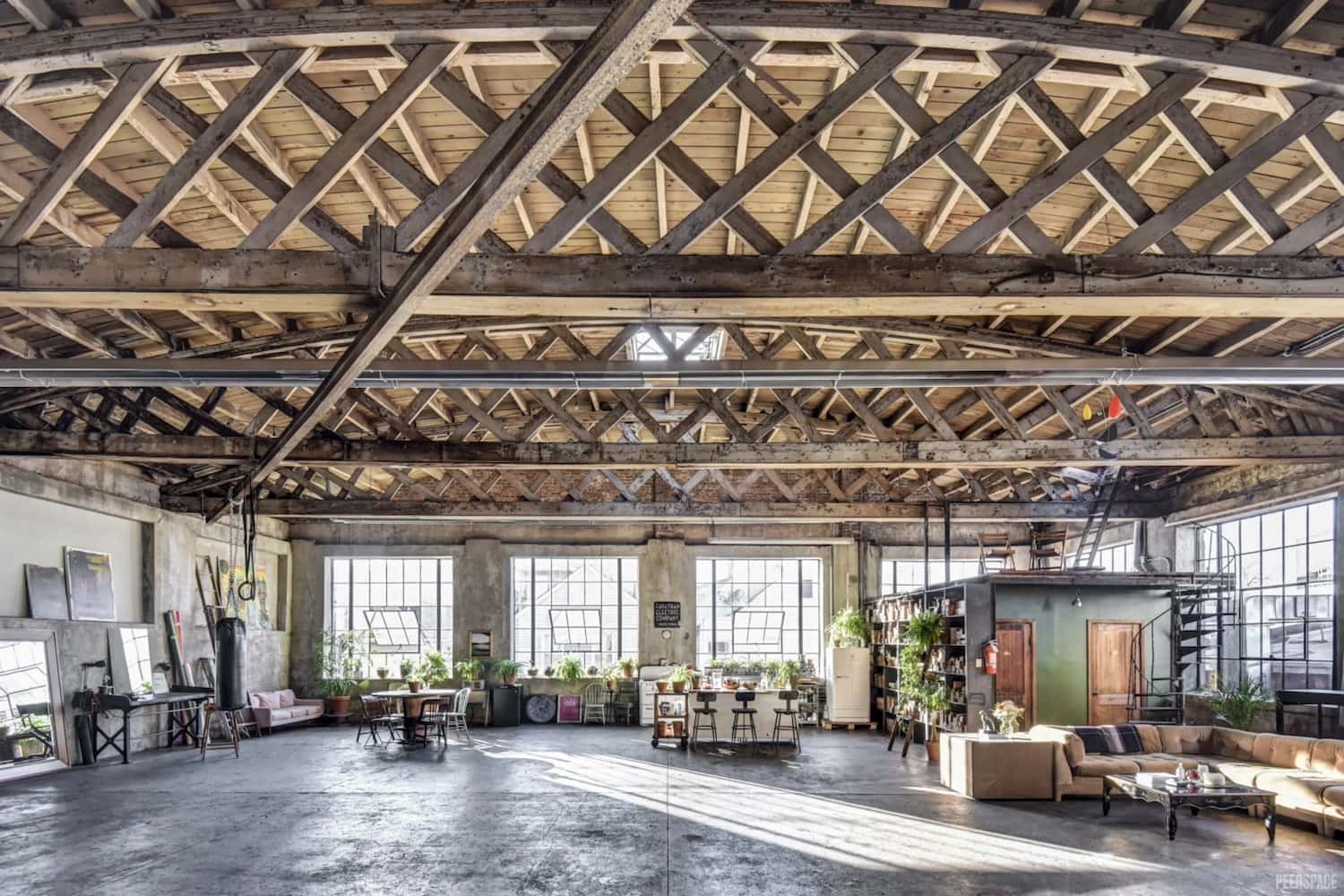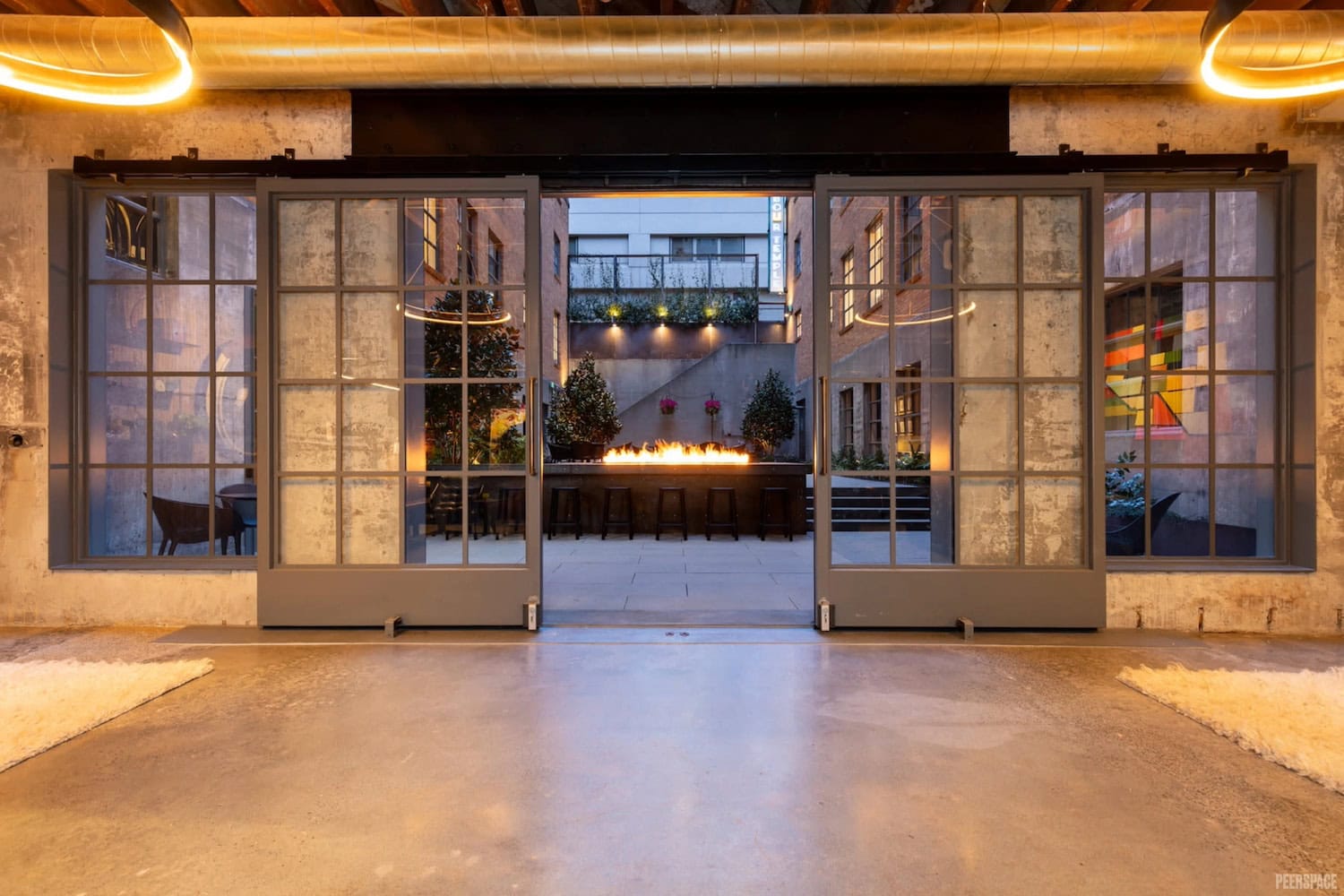Here’s How to Make an Event Venue Business Plan
-
 Edited by Alexis Shiraki
Edited by Alexis Shiraki
Lead Editor & Publisher
- December 16, 2024
- 14 min read
- Events
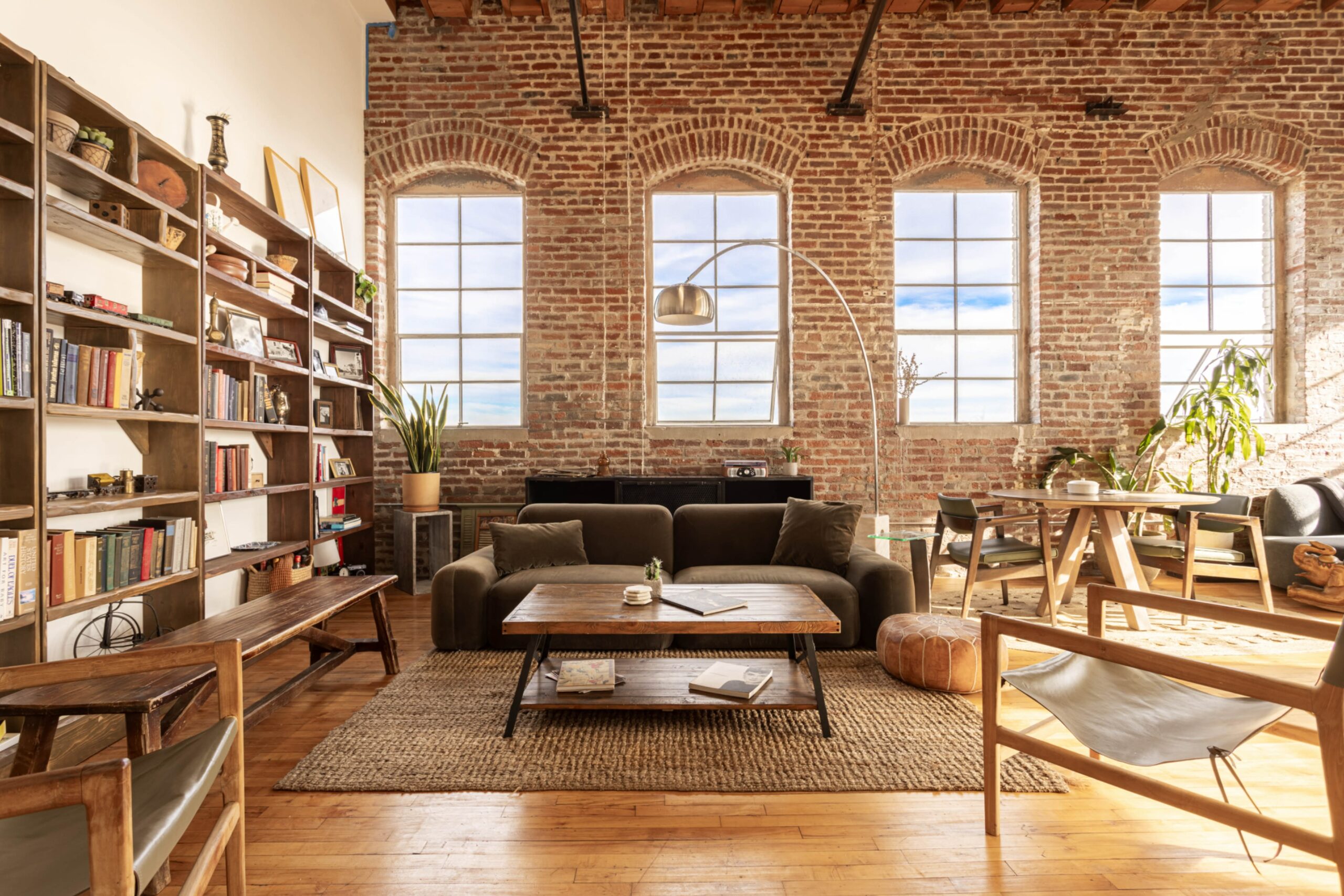
Source: Peerspace
Answered
Event venues on Peerspace typically cost $80 — $220 per hour.
Having an event venue business plan is crucial to running a successful event space. If you’ve got an unforgettable space that you know others will love, then your first step should be to create an event venue business plan. And we have exactly how to do so right here.
Since Peerspace is the largest online marketplace for hourly event venue rentals, we know what makes a venue stand out from the crowd. Peerspace not only elevates your venue’s visibility but also connects you with a wide array of clients, helping you transform your space into a profitable and sustainable business.
Read on to learn how to make an event venue business plan. Then, list your venue on Peerspace, and watch your bookings grow. Find out how featuring your venue on the Peerspace platform can enrich your business strategy and consistently boost your income.
- Am I ready to start a venue rental business?
- What is a business plan and how does it serve me?
- How to create an effective event venue business plan
- The best way to list your space for rent
- How do I list my event venue on Peerspace?
- Bottom line on an event venue business plan
Am I ready to start a venue rental business?
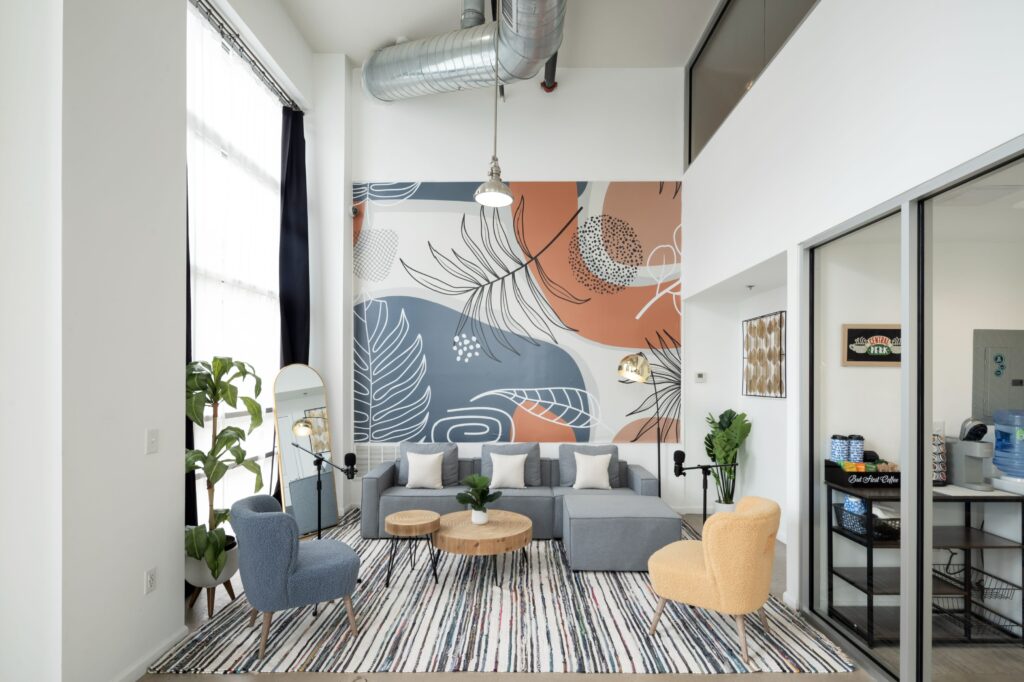
Perhaps you own a fabulous photo studio and you believe it has the potential to be a moneymaker as an event venue for short-term rentals. Or, perhaps you’ve got an ultra-cool loft with lots of sunlight that you’d like to outfit as a space for high-profile meetings.
Alternatively, maybe you own a sunlit gallery filled with gorgeous art, and you’d like to add a source of income by hosting receptions and photoshoots. Or you own a stunning mansion that would be perfect for wedding receptions and parties.
Either way, you’ve got a space you’re proud of and think others would be willing to pay money to use as an event space. We applaud your entrepreneurial spirit and wholeheartedly want to help you achieve your financial goals. That means you’re ready to start prepping your space and planning your next moves.
However, you probably won’t want to jump right into renting your venue. It’s wisest to begin by creating a realistic, structured roadmap for yourself. We detail how to do just that ahead.
New to the venue rental biz? No worries, just check out how to start a venue rental business for all the deets!
What is a business plan and how does it serve me?

First, let’s define a business plan. It’s essentially a blueprint for your venture, detailing your business concept and future goals. This document outlines your strategies, projects financial forecasts, and analyzes the market for the next three to five years. It includes milestones you aim to achieve, guiding your decisions and helping secure investor funding by demonstrating your business’s potential.
You can use your business plan:
- As a guide for yourself, the entrepreneur
- As a way to demonstrate your ideas to possible investors
- To attract new employees
- To clearly summarize your business and its goals
The average business plan is about 15 to 20 pages long (but some are much longer for more complex ideas). In the case of an event venue, your plan may run on the shorter side, especially if it’s just for your own planning purposes.
Whatever the length, a business plan is typically made up of three central sections, each addressing its own category:
- Description of the business itself — what will your business be like?
- Description of the market — who will your customers be?
- Financials — this is where quantitative stuff like income, cash flow, balance sheet, etc. will go
By now, you have a general idea of what a business plan, its contents, and how it can serve your business. Next, we’ll share how to create an event venue business plan that works for your business needs.
How to create an effective event venue business plan
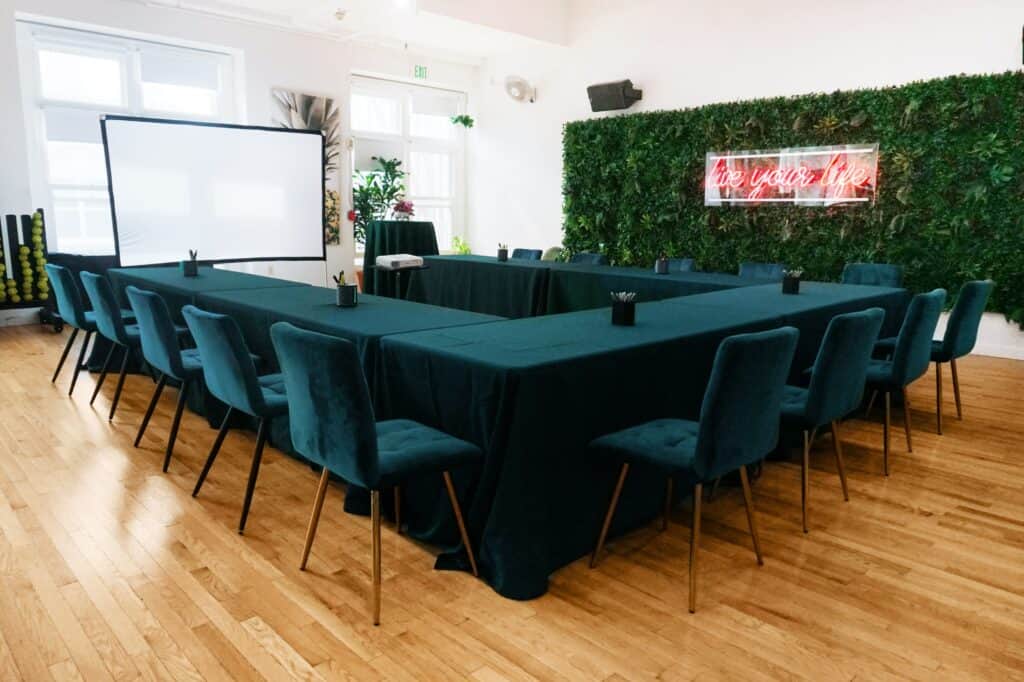
Now that you know what a business plan is, how does this apply to the particular situation of an event venue business plan?
Below, we share a list of five key steps that you can adapt to your event venue’s specific needs and goals. After all, if you’re writing this plan intending to attract investors, it’ll probably be different from a document just for internal purposes.
Here’s our guide to creating an event venue business plan:
1. Do some initial research
Understanding your event space is a critical step in creating your business plan. Before listing, envision all potential uses for your space. Additional points to keep in mind:
- Consider the characteristics of the neighborhood.
- Identify your target market.
- Analyze how your venue fits into the broader market landscape.
- Spend substantial time learning about your competition.
Taking these elements into account deeply informs your marketing strategies and pricing. It ensures your venue meets market demands and stands out among competitors.
2. Brainstorm possibilities for your space
Now that you understand your product, market, etc., it’s time to think outside the box! It’s a total cliche, but it’s helpful to remember that there really are no bad ideas in brainstorming. Just go ahead and generate an extensive list of thoughts about what the space could do.
Remember, consider who might be interested in it, how to redesign or redecorate it to optimize its value to renters, and more. This is so individual that we can’t really give any specific suggestions. But, we’d recommend that you start by checking out this guide to brainstorming techniques.
3. Define the purpose of your event venue business plan
Decide whether you’re trying to attract investors or just funding the establishment of your event venue yourself. This makes a massive difference in what kind of information you’ll need to include in the final document.
For instance, targeting investors means you’ll want to be exceptionally concise while being explicit about every detail that might concern investors (especially the financial aspects). Your plan provides a clear picture of your business concept, market potential, competitive landscape, and the financial returns expected.
By presenting this detailed and well-thought-out plan, you can demonstrate the viability of your venture and attract the necessary funding or partnerships to launch and sustain your operations.
In essence, the business plan for your event venue is not just a document but a roadmap that guides your decisions and actions. It ensures that every step you take contributes towards establishing a profitable and sustainable event venue business.
4. Gain a general understanding of the structure of a business plan
According to the U.S. Small Business Administration, the most well-known form of “lean startup” plan is the Business Model Canvas, created by Alex Osterwalder. Generally, a well-structured business plan typically follows a standardized format that includes several key components:
- Executive summary: This is an overview of the business plan, highlighting the key points including your business idea, what makes it unique, and the market potential. There’s also a summary of the financial outlook. It should be compelling enough to encourage further reading.
- Business description: Here, you provide more detailed information about your business, including the specific products or services you offer and the operations process. Also include the history of the business if it’s already established and the mission statement.
- Market analysis: This section requires thorough research. It should outline the industry landscape, target market demographics, market needs, competition analysis, and your strategy to fit or stand out in the market.
- Organization and management: Describe your business’s organizational structure. Detail the ownership, profiles of your management team, and the qualifications of your board of directors if you have one.
- Marketing and sales strategy: Define your sales strategy, marketing plans, and the overall approach for attracting and retaining customers. Include both digital and traditional marketing tactics.
- Funding request: If you’re seeking funding, specify the amount you need over the next five years and what you will use it for. Be clear about the type of funding you are seeking, such as equity or debt.
- Financial projections: Provide an outlook for the next five years, including forecasted income statements, balance sheets, cash flow statements, and capital expenditure budgets.
- Appendix: Include any additional information that helps support the data in your plan. This could include permits, lease agreements, legal documentation, detailed market studies, and technical specifications.
This structure not only aids in internal planning and management but also showcases your business to external parties in a professional and organized manner.
The following elements are also great to include in your event venue business plan:
- Important partnerships: Other businesses you’ll work with — this might include suppliers, cleaning companies, caterers, and so forth
- Key activities: How your business will achieve a competitive advantage, such as technological strategies (this might include the use of Peerspace, which we’ve highlighted below); revenue streams, distribution channels, etc.
- Essential resources: Significant resources and assets like capital, staff, etc.
- Value proposition: What it is, in a nutshell, that sets your business apart and allows it to make a distinctive contribution to the market
- Customer relationships: How your business will connect and interact with customers — the “customer experience”
- Customer segments: A defined target market or set of target markets for your venue
- Channels: The most significant modes of communication to customers
- Cost structure: Whether your business is more cost driven (with the leanest possible cost structure) or value-driven (more premium offerings); includes the most important costs (e.g. what key resources and key activities will be the costliest?)
Check out this helpful visual overview of the nine key business model building blocks listed above. And, of course, as you adapt this structure to your event venue business plan, you may or may not need all these sections. Feel free to omit whatever you decide is irrelevant to your goals or add more whenever you think some aspects of your plan require greater detail.
5. Plug it all into the business plan structure
You’ve done your homework, brainstormed innovative ideas to set your venue apart, and understand how to structure your business plan. Now, it’s time to turn these insights into a cohesive plan that guides operations and communicates your vision to stakeholders.
Ensure all parts of your business plan are clear, organized, and professional. This approach will not only help launch your venture but also secure its long-term success. Good luck — we believe in you!
The best way to list your space for rent
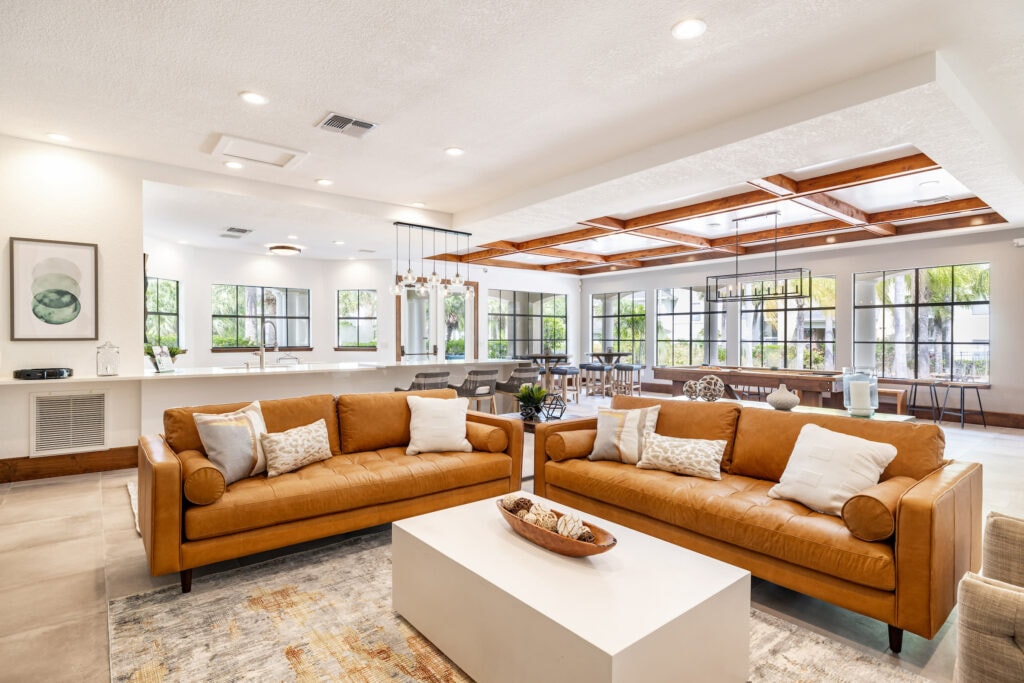
Once you’ve got a business plan to be proud of and your vision for your event venue feels concrete, you can move on to listing it for rent on a revenue-generating platform.
Try Peerspace to draw in as many potential customers as possible. It’s the largest online marketplace for hourly rentals. So, it’ll likely be most people’s go-to when they’re seeking a location for their meeting, wedding, photoshoot, or other important events.
Peerspace has learned that no matter the type of event or production space you own, there’s a market just waiting to discover it! And by listing it on Peerspace, you open up the possibility of having thousands and thousands of people across the globe see it.
As the space’s host, you set the price, upload incredible photos, and list the information and rules. And Peerspace’s simple and precise search features work to ensure that your target renters find you!
On top of that, there’s a special Peerspace Host insurance policy to give you added peace of mind. The policy offers $1 million in liability insurance for hosts. In addition, you can also access a $25,000 property damage guarantee plus trust and safety monitoring services.
Having your listing on Peerspace will help considerably raise its profile, giving your new business its best shot at success. All on one safe and handy platform.
Think that all event spaces are the same? Think again! Here are 11 types of venues and where to book them.
How do I list my event venue on Peerspace?
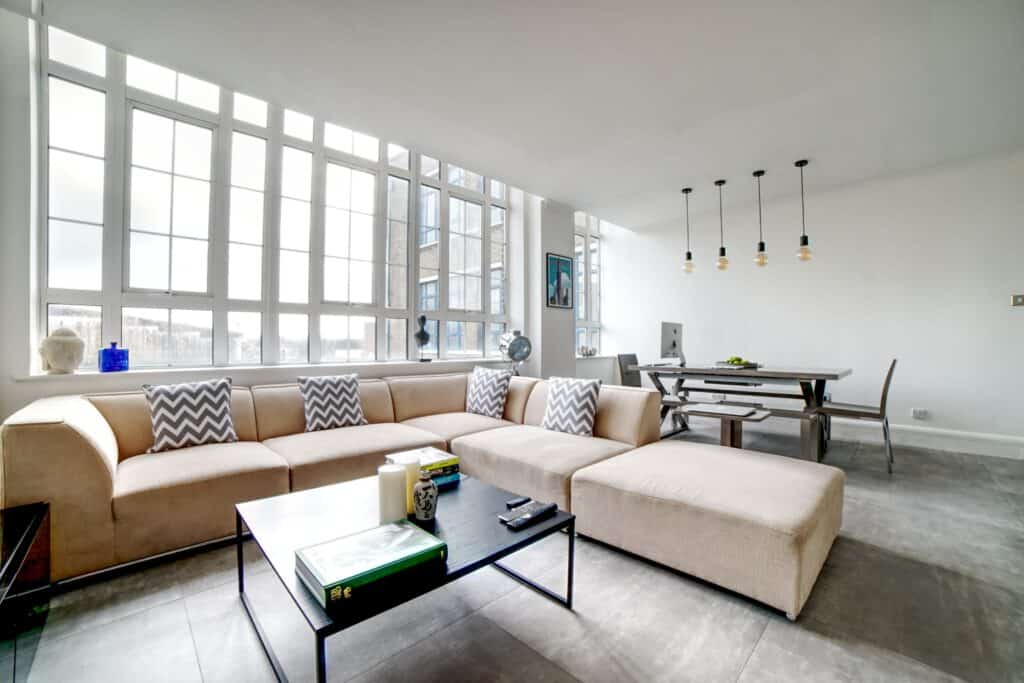
It’s fast and easy to list your space on Peerspace! Simply go to the Peerspace homepage, click the “List Your Space” button along the page header, and follow the simple directions.
Create a thorough, honest listing page
The most crucial part of adding your event venue to the Peerspace platform is the listing you’ll create. This is where your potential guests will see your venue for the first time and examine all there is to know about it.
Round-up some flattering venue photos
To prepare your listing, be sure to take about a dozen high-quality photos. We recommend hiring a professional photographer to do so, but if you’re taking the photos yourself with your photo, be sure to hold your phone horizontally.
Put time and attention into your description’s wording
Aside from the photos that highlight your venue’s stunning features, you also need to craft an honest and thorough venue description. Write a thorough, informative rundown on your space and be sure to mention the types of events you want to host.
Also, be sure to list all the rooms and amenities your guests-to-be can use when they book your space. If you can offer up some special services, like a list of preferred vendors, on-site catering, A/V equipment, and furniture, you can attract more renters.
Get helpful insights from other Peerspace event venue listings
This is about the time we encourage you to check out several other Peerspace event venue listings as examples. See what other hosts write in their listings and use that to your advantage. You can also see how they price their space and check out their reviews from past renters to see what potential renters like and dislike about a space.
Set a competitive hourly rate
The final step is to set your hourly price, which is also where examining similar listings will help! It’s understandable if you’re not 100% certain what your venue’s rate should be. Factor in your business needs first and foremost and then compare prices with similar spaces near you.
Many Peerspace hosts also offer tiered pricing. This allows you to charge guests more for additional services, like if you intend to offer A/V equipment, catering, additional furnishings, etc. The lower end of the tiered pricing can help you reel in potential renters who are working with a budget and who only want to pay for the space and none of the frills. This creates a win-win situation for your guests and your business!
Bottom line on an event venue business plan
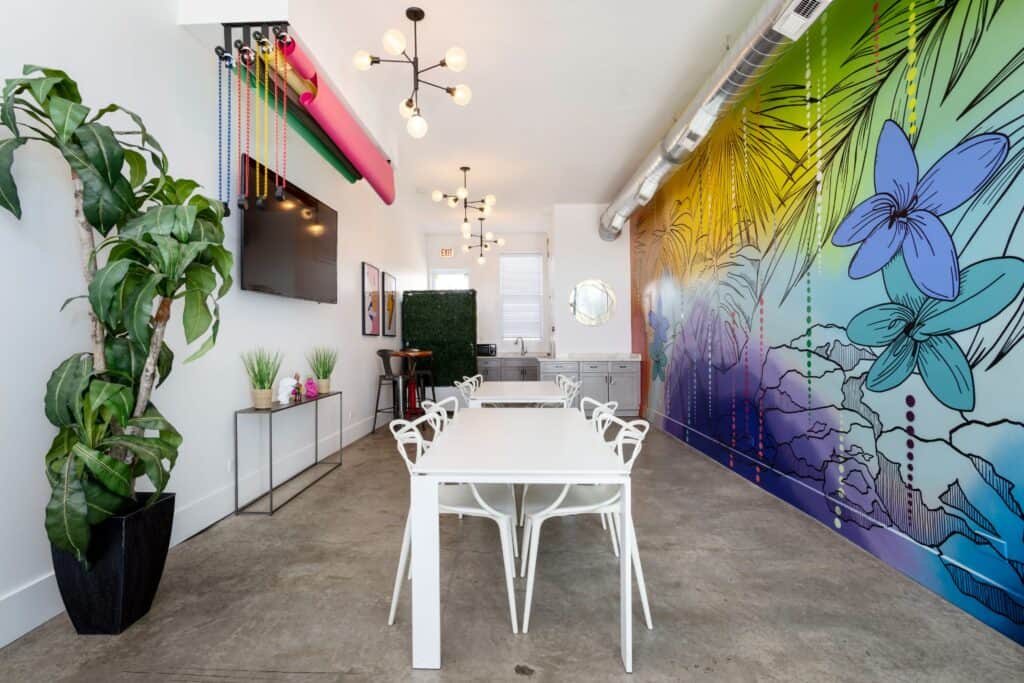
Starting an event venue rental business takes a lot of determination and passion. But that, you already have.
And now, you also have a working event venue business plan to help you successfully launch your event venue listing. Remember that when you list your event venue on Peerspace, you get your venue in front of a massive audience that visits our website for the purpose of booking an event space.
Since you’ll create a dynamite listing that includes photos, a description, and pricing, your renters will feel like they already know your space. This way, they will be confident about renting it. Part of being a Peerspace host is offering your unwavering support, but since you’re looking to start an event venue business, you’re probably all about the good hospitality and positive vibes anyway!
Once you’re ready to list your space, you can start accepting bookings. Also, feel free to contact Peerspace during any step of the way with questions about the process. Before you know it, booking requests will start flowing in, and you’ll be enjoying some sweet, sweet revenue.
List your space and reach your target audience on Peerspace
Get together somewhere better
Book thousands of unique spaces directly from local hosts.
Explore SpacesShare your space and start earning
Join thousands of hosts renting their space for meetings, events, and photo shoots.
List Your Space


